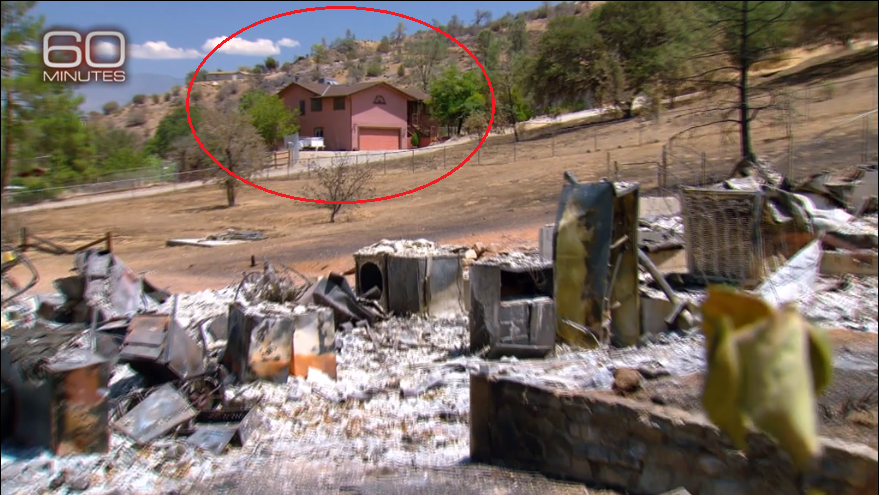'Too Many Platforms' of Communication Drive People to Quit
Welcome to our world! We have to check email, slack, text messages and voicemails. And don't forget to login to twitter to check DMs and separately login to NextDoor to check for replies from people who could have stopped by to say hello and annoy you but in light of today's lifestyle, an annoyance would be so welcomed. Without idle chit-chat these platforms all feel like WORK.
And it's a reason remote work is driving people to consider quitting, according to the Miami Herald:
That was linked to from an article in the Atlantic titled The Hidden Toll of Remote Work. The author who teaches said once in-person classes resumed, he felt more energetic and more optimistic. His sleep improved.
This way of life is so miserable it is spelled out even more clearly in this headline from nextgov Survey: Burnout on the Rise Among Americans Still Working. "At least 30 million Americans have lost their jobs in the COVID-19 pandemic, and the remaining American workforce feels more burnt out by the day, according to a national survey released Monday."
Yikes.
-----------------------------------------
Further Reading:
"While 65% of remote workers say their employers are doing a good job protecting their health, just 50% of those working outside the home say that." apnews.com
"Mental-health professionals believe that distress can build up over time without our conscious awareness. I found that the effects of isolation had crept in, depressing my mood and hampering my creativity in a way I didn’t recognize until I experienced the lightness and energy that came from human interaction." theatlantic.com
The Cooperative Human nature.com

This work by AJ Fish is licensed under a Creative Commons Attribution-NonCommercial 4.0 International License.
And it's a reason remote work is driving people to consider quitting, according to the Miami Herald:
Some of the reasons why at-home offices proved to be busts are communication over too many platforms (41%), a “significant uptick” in online messages with co-workers (34%), insufficient IT support (34%), and general confusion due to spotty communication between different teams across a company (32%).
That was linked to from an article in the Atlantic titled The Hidden Toll of Remote Work. The author who teaches said once in-person classes resumed, he felt more energetic and more optimistic. His sleep improved.
This way of life is so miserable it is spelled out even more clearly in this headline from nextgov Survey: Burnout on the Rise Among Americans Still Working. "At least 30 million Americans have lost their jobs in the COVID-19 pandemic, and the remaining American workforce feels more burnt out by the day, according to a national survey released Monday."
Yikes.
-----------------------------------------
Further Reading:
"While 65% of remote workers say their employers are doing a good job protecting their health, just 50% of those working outside the home say that." apnews.com
"Mental-health professionals believe that distress can build up over time without our conscious awareness. I found that the effects of isolation had crept in, depressing my mood and hampering my creativity in a way I didn’t recognize until I experienced the lightness and energy that came from human interaction." theatlantic.com
The Cooperative Human nature.com

This work by AJ Fish is licensed under a Creative Commons Attribution-NonCommercial 4.0 International License.



